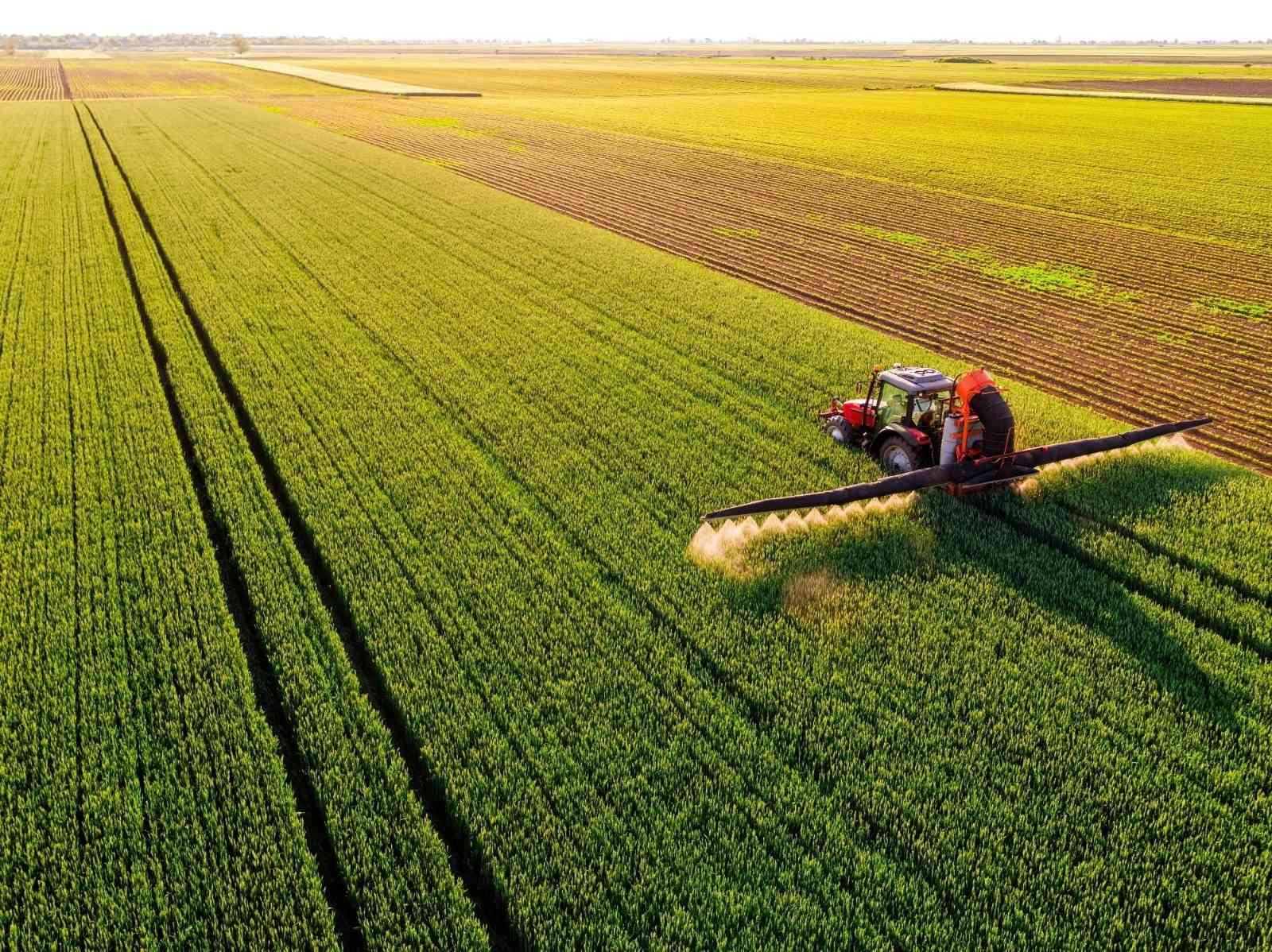
AGRICULTURE forms the cornerstone of Zimbabwe’s economy, employing more than 60% of the population and contributing significantly to the nation’s gross domestic product (GDP).
Despite its importance, the sector faces a number of challenges, including climate variability, limited access to finance, obsolete farming technologies and insufficient infrastructure.
In this complex landscape, non-governmental organisations (NGOs) have emerged as instrumental agents in revitalising agricultural productivity, improving rural livelihoods and enhancing national economic stability.
NGOs are mission-driven organisations operating independent of government structures.
In Zimbabwe, they serve as key intermediaries in rural development, channelling technical, financial and educational resources directly to smallholder farmers who form the bulk of the agricultural labour force.
These interventions not only elevate production levels, but also support the broader objectives of Zimbabwe's Vision 2030, which aspires to transition the country to an upper-middle-income economy by the year 2030.
Zimbabwe’s agricultural sector has been affected by recurring droughts, Cyclone Idai, the El Niño phenomenon and the COVID-19 pandemic.
These disruptions have led to reduced yields, increased food insecurity and heightened poverty levels, particularly in rural regions.
- Environmental justice: Think big, start small
- Addressing unfair trade key to transforming African food systems
- Urgent economic structural transformation necessary
- News in depth: Slain Moreblessing Ali’s family fears cover-up as children are forced into hiding
Keep Reading
NGOs such as the International Fund for Agricultural Development have implemented climate-resilient projects aimed at fortifying the adaptive capacity of smallholder farmers.
From a macro-economic perspective, the interventions of NGOs stabilise inputs.
For instance, increasing agricultural productivity contributes to GDP growth, enhances food security and reduces dependency on food imports, thereby conserving foreign currency reserves.
Furthermore, well-functioning agricultural systems create forward and backward linkages with agro-processing, transportation and retail sectors, fostering broad-based economic development.
One of the most profound contributions of NGOs is in the realm of technology transfer.
Zimbabwe lags behind in adopting modern farming techniques, leading to sub-optimal yields and high input costs.
NGOs have bridged this gap by introducing precision agricultural tools, mechanised equipment, integrated pest management systems and mobile applications that disseminate real-time agricultural advisories.
The Food and Agriculture Organisation (FAO), in collaboration with the Lands, Agriculture, Fisheries, Water and Rural Development ministry, launched the Fostering Digital Villages through Innovative Advisory and Profitable Market Services Project.
This initiative leverages on artificial intelligence and other digital tools to transform rural agriculture.
It empowers extension officers, youth and women with digital literacy, enabling them to deliver efficient extension services, access market information and achieve financial inclusion.
Digital agriculture reduces transaction costs, increases access to credit and insurance and integrates rural farmers to formal value chains.
This technological modernisation directly contributes to productivity gains, thereby enhancing the country’s economic output and reducing the rural-urban development gap.
Sustainability is now at the heart of modern agricultural economics.
NGOs actively promote environmentally-friendly and sustainable farming methods.
By facilitating access to knowledge and training, they encourage farmers to adopt organic farming, agroecology, conservation agriculture and water harvesting techniques that protect natural resources and biodiversity.
For instance, the Smallholder Irrigation Revitalisation Programme focuses on restoring and expanding irrigation schemes in drought-prone areas.
This ensures year-round agricultural activity and mitigates the risk of rain-fed dependency.
Irrigation investment also generates a multiplier effect — improved food availability, income diversification and employment creation.
These elements are essential in achieving rural economic transformation.
The FAO-led FISH4ACP project exemplifies NGO contributions to value chain development in Zimbabwe.
The project identified that most fish farmers relied on low-quality, inbred fingerlings, severely limiting productive efficiency and profitability.
Through the establishment of local fingerling hubs, the initiative now provides access to genetically superior fingerlings, reducing input costs and improving harvest
quality.
This intervention has multiple economic effects.
It enhances supply, stabilises fish prices, increases protein availability in diets and improves farmer incomes.
From a development economics standpoint, improved fish farming stimulates ancillary industries such as feed production, cold chain logistics and processing plants, creating a more diversified rural
economy.
NGOs contribute to the economic empowerment of vulnerable populations.
The Smallholder Agriculture Cluster Project, which supports over 78 000 households, provides matching grants, infrastructural development and capacity-building services.
By increasing household incomes and enhancing productive assets, such programmes build resilience against poverty shocks.
Moreover, NGOs facilitate access to microfinance, savings groups and agricultural insurance schemes, which are critical in managing agricultural risks.
Financial inclusion enables farmers to invest in inputs, adopt innovations and withstand income volatility — factors necessary for sustainable agrarian economies.
The Zimbabwe Resilience Building Fund, managed by the United Nations Development Programme and funded by the EU, Sweden and the UK, is another example of a multilateral collaboration focused on resilience building.
Such partnerships harness global expertise and financial resources, ensuring the scalability and sustainability of agricultural projects across Zimbabwe.
These efforts also align with national and regional agricultural policy frameworks, including the Zimbabwe Agriculture and Food Systems Transformation Strategy and the Comprehensive Africa Agriculture Development Programme.
The harmonisation of NGO activities with government policies amplifies their developmental impact, promoting inclusive and co-ordinated economic growth.
In conclusion, NGOs are not just charitable entities; they are catalysts for rural economic transformation.
Through their multifaceted interventions — technology dissemination, capacity building, market integration, financial inclusion and sustainable farming, NGOs contribute directly to Zimbabwe’s economic diversification and poverty reduction efforts.
As the country charts its path towards Vision 2030 guided by National Development Strategy 1 which states that, “reducing the national poverty rate to below 25%”, sustained support from NGOs in the agricultural sector is not merely beneficial but essential.
Their role in unlocking productivity, enabling economic inclusion and stabilising the food system cannot be overstated.
A robust agricultural sector means a robust economy and NGOs are critical in achieving that synergy.
- Wayne Matyukira is an economic analyst. He writes here in his personal capacity. For feedback email: matukirawayne@gmail.com or contact +263 77 695 4317.










